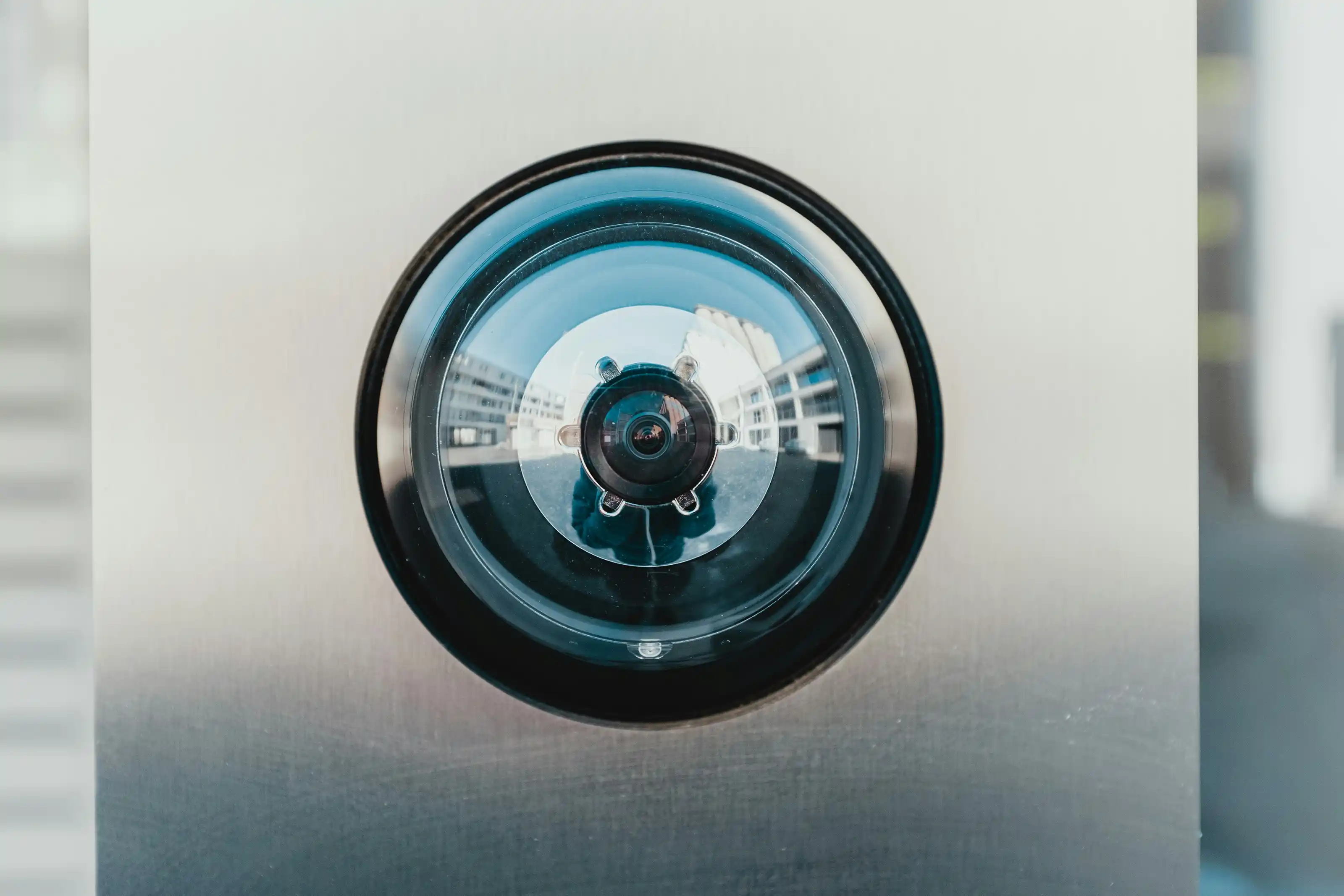When it comes to security cameras, the differences between residential and commercial systems are significant, driven by distinct needs and environments. Residential setups often focus on ease of use. Wi-Fi cameras with mobile app integration are common, allowing homeowners to monitor their property remotely. These systems emphasize affordability and user-friendliness, perfect for basic surveillance like keeping an eye on children or deterring porch pirates.
Commercial security, however, is a different beast. Businesses require comprehensive coverage, often spanning large areas with complex layouts. These systems need to handle diverse lighting conditions, from bright sunlight to low-light environments, demanding higher resolution and advanced features like infrared night vision and wide dynamic range. Durability is crucial, with cameras built to withstand harsh weather and potential vandalism.
Integration with existing security systems is another key differentiator. Commercial cameras often integrate with access control, alarm systems, and video management software (VMS), enabling centralized monitoring and control. Features like license plate recognition, facial recognition, and intelligent video analytics are common, providing advanced security capabilities.
Storage solutions also vary. Residential systems typically rely on cloud storage or SD cards, offering simple and cost-effective options. Businesses, on the other hand, often employ dedicated network video recorders (NVRs) or servers, providing ample storage capacity and robust data management.
Ultimately, the choice between residential and commercial security cameras boils down to scale, complexity, and specific security needs. Homes prioritize simplicity and affordability, while businesses demand comprehensive, robust, and integrated solutions.
Book a free consultation to learn more!



